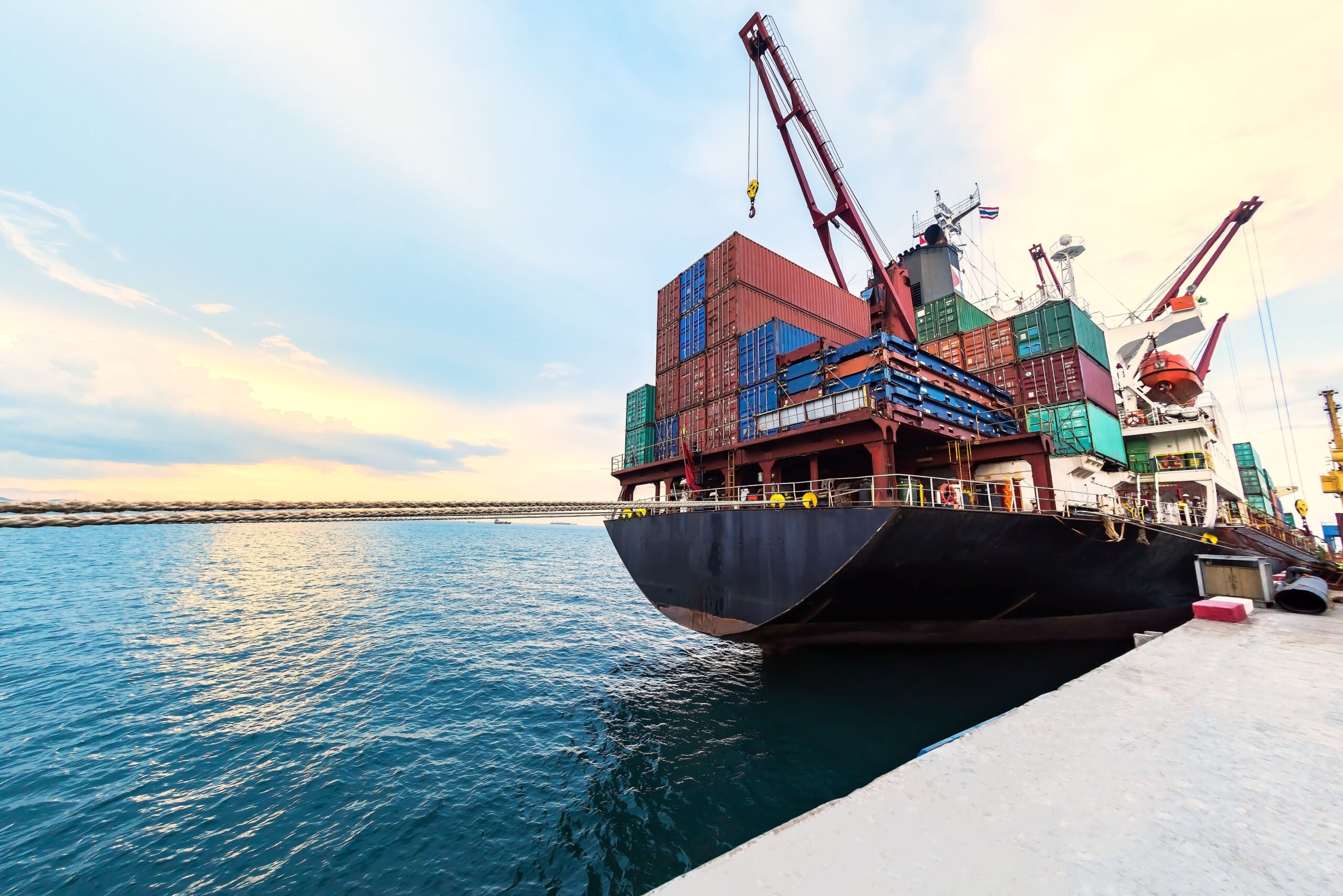
According to international law firm Travis, Sandler & Rosenberg, there are a number of ways for importers, exporters, and manufacturers to effectively escape or limit the impact of these tariffs.
“A bit of flexibility and ingenuity can have a profound impact on a company’s bottom line when facing substantial duty exposure,” the law firm says.

Discover B2B Marketing That Performs
Combine business intelligence and editorial excellence to reach engaged professionals across 36 leading media platforms.
The 352 Section 301 tariff exclusions in effect are due to expire on 31 December unless extended by the Office of the US Trade Representative. According to ST&R, the USTR did renew 81 Covid-related exclusions through to 28 February 2023, and is accepting comments on the impact of the Section 301 tariffs up to 17 January 2023.
“There is currently no process open that would allow for the reinstatement of previously approved extensions or petitions for new ones,” the law firm explains. “ST&R continues to press USTR and allies in Congress to re-establish the exclusion process, renew previously expired exclusions, and provide for retroactive application of those exclusions.”
The law firm has outlined a number of ways companies can limit the impact of these tariffs.
Tariff Engineering: As much as US Customs and Border Protection has resisted the idea in the past, the courts have continually affirmed that CBP can only levy tariffs on goods in their condition as imported. This has led importers in a variety of industries where high duties prevail to import products in unfinished or embellished forms to legally take advantage of classification provisions carrying a lower or free rate of duty. For instance, components imported separately may fall into an entirely different tariff provision than the finished product and may thus be excluded from a higher tariff.

US Tariffs are shifting - will you react or anticipate?
Don’t let policy changes catch you off guard. Stay proactive with real-time data and expert analysis.
By GlobalDataFurther, classification concepts are particularly useful for certain US or other products that fall within the special HTSUS Chapter 98 provisions, many of which may enable importers to partially or fully avoid Section 301 tariffs. These provisions cover numerous types of products used for specific purposes as well as specific production or sourcing scenarios involving US or previously imported components.
Operational Engineering: If you cannot modify the tariff classification of an imported product, explore changing its country of origin. For instance, CBP has found that the complex assembly of numerous parts, modules, or subassemblies into dedicated machines results in a substantial transformation of the components so that their country of origin is where the finished product was produced. Shifting operations away from China to another country may thus enable you to escape the higher duties.
Valuation: First sale valuation has long proven useful to industries that have been subject to high duties. Here duty is paid on the price a trading company pays the manufacturer instead of the higher price the importer pays the trading company. While additional tariffs still apply in this scenario, the dutiable value is significantly lower, resulting in a lower duty bill.
Various criteria must be met to ensure the first sale price reflects a sale that is clearly destined to the US and conducted at arm’s length, but, once validated, a viable first sale value can provide substantial duty savings. It can also serve as a type of long-term annuity; i.e., even if the Section 301 tariffs expire, use of first sale valuation would continue to provide a lower declared value and thus reduce the regular duties assessed on a company’s products.
Importers should also examine whether certain amounts typically included in the price, such as buying commissions, shipping-related charges, inspection fees, and post-importation assembly charges, can be excluded from dutiable value.
Finally, importers should consider how the use of transfer pricing rules can lower dutiable value.
Bonded Facilities and Movements: For those companies involved in manufacturing as well as import for export trade, bonded facilities provide a safe haven from the Section 301 tariffs. Goods admitted to a foreign-trade zone in privileged foreign status retain their character and tariff classification as admitted even if they are manufactured into a product affected by the tariffs that may be withdrawn from the zone and exported out of the US to avoid the tariffs. In addition, goods otherwise subject to the tariffs could be entered and stored in a bonded warehouse for up to five years to avoid those duties if they are (1) exported directly from the warehouse or (2) entered for US consumption once the tariffs have lapsed or a product-specific exclusion has been granted. Temporary importation bonds and bonded movements also enable companies to avoid tariffs for products transiting or undergoing processing prior to exportation out of the US.
Section 321: CBP laws and regulations provide for a duty exemption for goods manifested at less than US$800 fair retail value in the country of shipment if imported by one person on one day. CBP has confirmed that this exemption applies to Section 301 tariffs.
In assessing this opportunity, however, companies should carefully consider the accuracy of the information provided for such de minimis shipments to avoid cargo holds and possible seizures due to other government agency or intellectual property compliance issues. There is also a possibility that Congress may take action to limit the applicability of Section 321 to any goods subject to Section 301 tariffs or other trade remedy actions.





